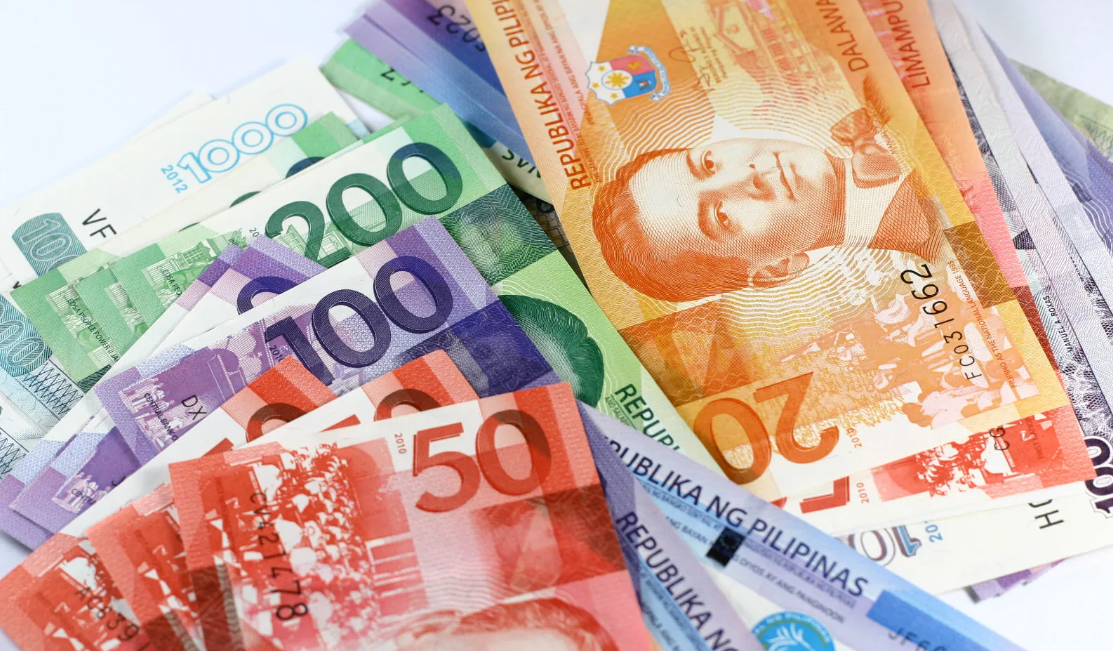Wed Jun 29, 2022
Financial inclusion in the Philippines has increased significantly
The Philippines, the island country of Southeast Asia in the western Pacific Ocean, has made significant progress towards financial inclusion. Now, 51 percent of adults in the country have access to financial institutions, banks, payment services, etc. The figure especially gained significant momentum following the Coronavirus pandemic started in 2019 and continued in 2020, 2021, and 2022.
Washington-based World Bank's Global Findex 2021 indicated that the Philippines has seen a double-digit increase in account ownership at a bank, mobile money provider or other financial institution since 2017.In the Philippines, women who used commitment savings products that encouraged regular deposits into a personal bank account increased their household decision-making power and shifted their spending to household goods relevant to their needs,” the World Bank said.
Companies in the country can take targeted actions to reinvent themselves and grow out of the pandemic. However, the banking sector could take up to five years to recover from its 2020 drop in return on equity in terms of financial services. Among Filipino consumers, active use of digital banking and e-wallet services has increased significantly.
In low- and middle-income economies like the Philippines, over 40 percent of adults who made merchant in-store or online payments using a card, phone or the internet did so for the first time since the start of the pandemic. And 36 percent of adults bought something online, and three in four online shoppers paid only in cash for their purchase.
More than 10 percent of adults in the country also paid a utility bill from their account for the first time after the onset of the pandemic. “The digital revolution has catalyzed increases in the access and use of financial services across the world, transforming ways in which people make and receive payments, borrow and save,” World Bank Group’s President Malpass said.
The president further noted that creating an enabling policy environment, promoting the digitalization of payments and further broadening access to formal accounts and financial services among women and the poor are some of the policy priorities to mitigate the reversals in development from the ongoing overlapping crises.
